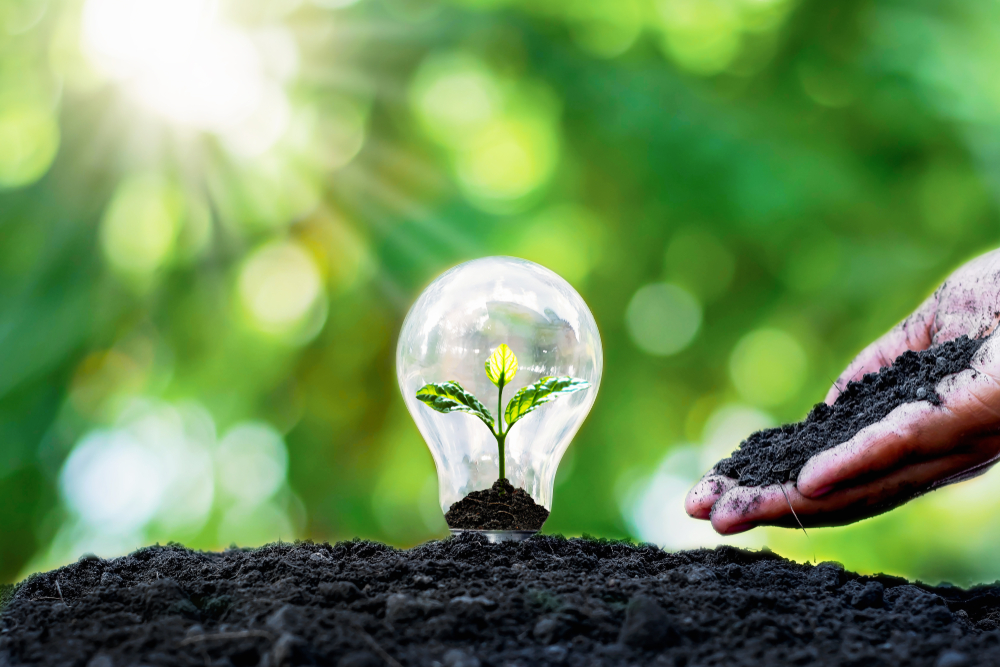Renewable energy surge sparks global decarbonization efforts
Reports highlight rapid growth of renewables, Asia’s role, and need for accelerated low-emission sources to meet climate goals

The International Energy Agency’s (IEA) Electricity Market Report 2023 reveals that the global power sector is unlikely to experience a significant increase in CO2 emissions in the coming years due to the rapid growth of renewable energy capacity. The report, as reiterated by the World Economic Forum, predicts that renewable sources, including solar, wind, and nuclear power, will meet over 90 percent of the global demand increase by 2025. This indicates a potential tipping point for power sector emissions.
However, the IEA emphasises the need for governments to facilitate the accelerated growth of low-emission sources to further reduce emissions and meet climate goals. Asia will account for half of the world’s electricity consumption by 2025, with China alone contributing nearly half of the additional renewable generation. The share of coal and gas-fired generation is expected to decline, leading to a decrease in global power-sector CO2 emissions.
Additionally, there is an emphasis on the importance of enhancing power system flexibility, security of supply, and resilience in the face of increasing weather events and the growing electrification of heating. The World Economic Forum’s report supports the notion that diversifying the energy mix with low-carbon sources can strengthen energy security.
Related: Taiwan strips away nonrenewable fuel
Asia-Pacific Economic Cooperation (APEC) energy officials recently gathered in Detroit to strengthen cooperation and promote the clean energy transition in the region. With the understanding that energy is the foundation of economies but also the main contributor to climate change, the officials aim to ensure sustainable and inclusive economic growth.
Although fossil fuels currently dominate the energy mix in the APEC region, there has been accelerated growth in renewable energy, and the region is ahead of schedule in meeting its goals to double renewable energy and energy intensity.
Elizabeth Urbanas, the United States Co-Chair of the APEC Energy Working Group, emphasised the need to strengthen energy ambitions to accelerate progress while protecting vulnerable populations affected by climate change.
The United States proposed adopting a new aggregate goal for power sector decarbonization, with a target for carbon-free or carbon-neutral electricity sources by 2035. The officials also discussed practical actions for a just energy transition, prioritising inclusivity and support for the region’s workforce, including women and small businesses. The next Energy Ministerial Meeting is scheduled for August 2023 in Seattle.
The Property Report editors wrote this article. For more information, email: [email protected].
Recommended
6 green real estate projects reshaping Asia’s future
Developers are being incentivised to push a green agenda into daring new realms
ARES White Paper Volume 3: The era of adaptive reinvention
Pioneering sustainable and innovative practices in urban development
ARES White Paper Volume 2: Unravelling the power of data revolution in real estate
Insights on proptech, smart cities, and sustainable development
ARES Digital White Paper Volume 1: The fundamentals of responsible building
Green and climate heroes join forces to discuss how Asia Pacific can weather the current environmental crises and the looming effects of climate change






